Did you over-salt the dish? We'll tell you how to fix this annoying error.
Over-salting is a simple matter, but, you see, it’s unpleasant. I feel sorry for my labors, for spoiled food, and for my household waiting for dinner. But there is no need to despair. If you oversalt a dish, in most cases you can fix everything by following the advice of experienced housewives.
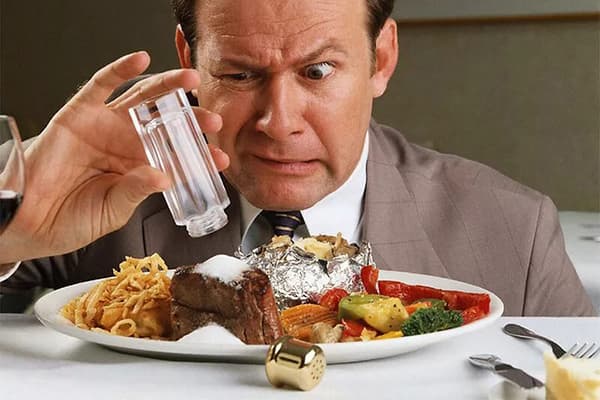
How do we fix it?
In fact, with all the wealth of different tips that will be presented below, they can be divided into 3 main ways:
- Thin the dish with liquid. For example, if you over-salt a sauce or gravy, you can save it by adding a little water. Over-salted mashed potatoes can be diluted with milk. Also, adding milk will save slightly salted milk porridge.
- Drain (or wash out) excess salt. That is, either rinse the products or boil some other product with them that plays the role of an adsorbent.
- Overwhelm or mask the salty taste. If the situation cannot be corrected, you can try this approach. Often it works just as well.
Do not dilute salted soup with water. This seems like the easiest way out, but the taste of the dish inevitably deteriorates. And the broth becomes cloudy when fresh water is added.
Dilute and add
Yes, you can reduce the salt concentration not only with liquid products. For example, you can save minced meat if it is too salty by adding products that will complement the composition of its ingredients, while increasing the total volume of minced meat - and reducing the salt concentration in it.For example, potatoes, carrots, onions, zucchini, semolina, oatmeal, and a lot of greens will not only take away some of the salt, but will also make future cutlets more flavorful and juicier. Plus, there will be more of them.
Wash-rinse
This method is used when cooking foods. For example, slight oversalting can be easily corrected by thoroughly washing the boiled meat. Pasta and cereals are products from the same series. You just need to put them in a colander to rinse.
If you seriously oversalted, you can try a slightly more complicated method:
- First, we rinse what has been over-salted.
- Then fill it with new boiled water (this time, of course, we don’t add salt).
- Let it boil again and then stand in this water for a while.
This way you can save, for example, mushrooms cooked for pickling or frying (they are difficult to boil into porridge). Or pasta, if oversalting was discovered during the cooking process, and not at the very end. After all, no one wants to eat a lump of dough that is not over-salted, but overcooked, called pasta.
After washing, the product must undergo additional heat treatment. The exception is buckwheat: even heavily boiled, it does not lose its appetizing appearance.
There is a method with cold water. With its help, you can save ready-made dishes: pickled or lightly salted cucumbers, mushrooms, salted fish. If they are too generously salted, you can simply soak them in cold water for a few hours. The water will gradually draw out excess salt.
Adsorb the excess
This method is good when the hostess has over-salted soup, borscht, or other liquid dish. The point is to temporarily add another product that absorbs salt to it, let it cook, and then remove this “sorbent” from the dish.That is, in a gauze bag (this will make it easier to remove), for example, potatoes cut into pieces are dipped into the soup.
Instead of potatoes, pasta and other cereals are suitable. If the soup is rice, take rice, if with cereals, take similar cereals. This way the dish will not have any foreign taste from other ingredients.
If oversalting is detected during the cooking process, for example, pilaf, this method can also save the situation. You need to put several bags of rice in the container where it is being cooked, and take them out after some time.
Disguise will save you
These methods are not suitable for all dishes and not for every occasion. What should you do, for example, if you over-salted baked meat or fish or pilaf and discovered this when the product is almost ready? There is no way to dilute, rinse or soak.
All that remains is to mask the salty taste with other tastes. The more flavor combinations you mix, the less obvious the saltiness becomes. This, of course, will not reduce the amount of salt in the dish, but it will not be as noticeable.
What can be used as “flavor camouflage”?
- Acid (vinegar, lemon, sour apple or tomato).
- Sweet product (sugar, honey, sweet apple, carrot).
- Sweet and sour together - sometimes it turns out very impressive.
- Creamy fats, that is, fat of milk origin or flavor (cream, sour cream, a little butter or avocado). They can significantly soften the saltiness of meat stew, baked fish or chicken.
You can mask it in another way: serve what has been over-salted with an unsalted side dish (some people, by the way, like just such tastes). For example, if you have over-salted meat, fish, roast or pilaf, an unsalted addition will help. As chefs sometimes say in restaurants - garnishing.Fresh tomatoes, cucumbers, herbs or a salad of all this (especially with sweet and sour dressing, but without salt), cereal porridge in combination with an over-salted dish can be his salvation.
It is important!
Finally, a few life hacks. The ability to save a situation is good. But it is much more important to avoid such situations. Simple rules will help with this:
- Salt while cooking, not on the plate. Do not throw out all the salt prescribed in the recipe at once. Perhaps it will be too much for you.
- Iodized salt often requires less than regular salt. Many perceive the taste of iodine as a salty taste.
- Salt dishes containing salty ingredients especially carefully: cheese, capers, pickled mushrooms or cucumbers, soy sauce, bacon are not only salty in taste - they impart it to the entire dish.
There are no hopeless situations for a savvy housewife. An over-salted dish can almost always be saved. But it’s much easier to be vigilant, avoiding culinary misfires.
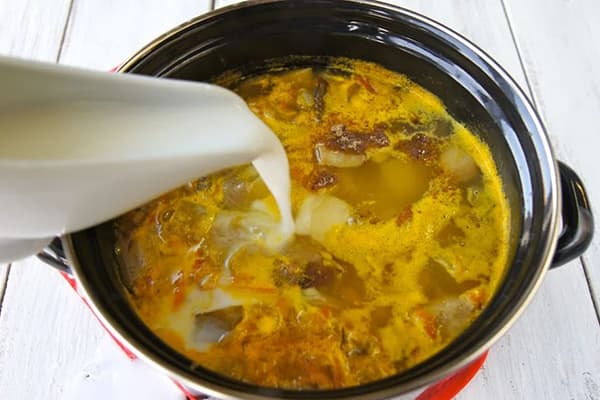
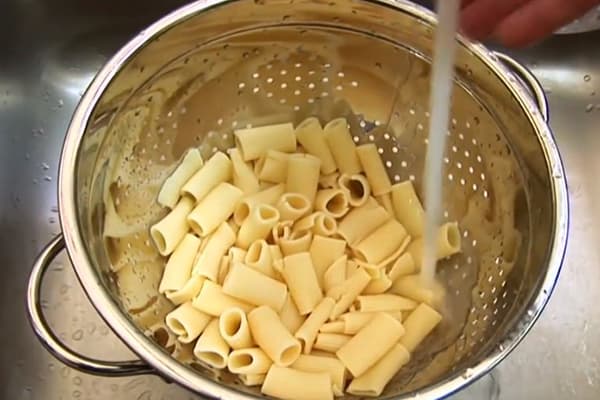
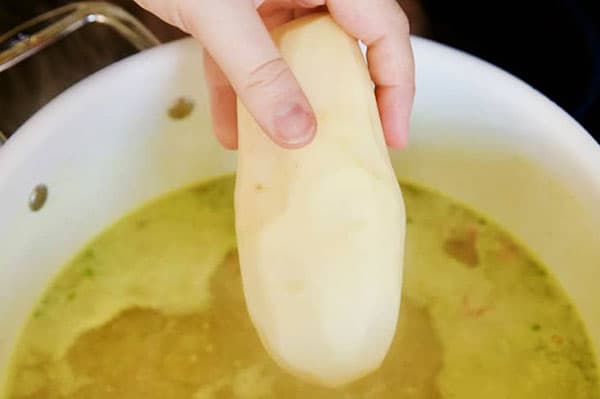
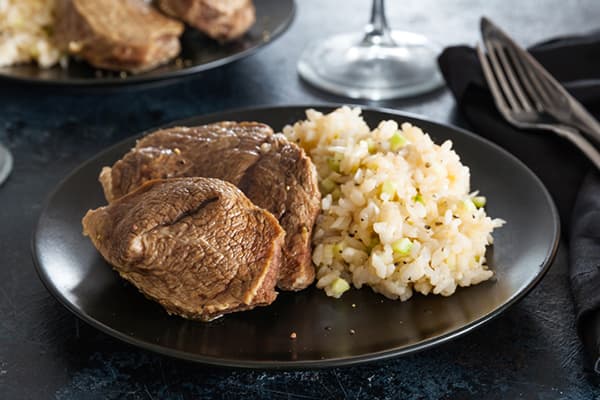
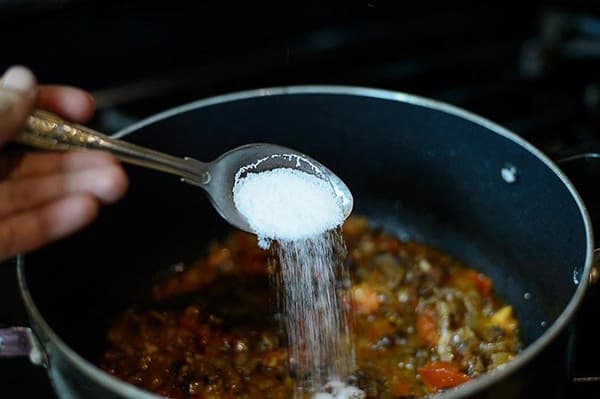
You can’t over-salt -1 tsp.salt per 1 liter of water, norm